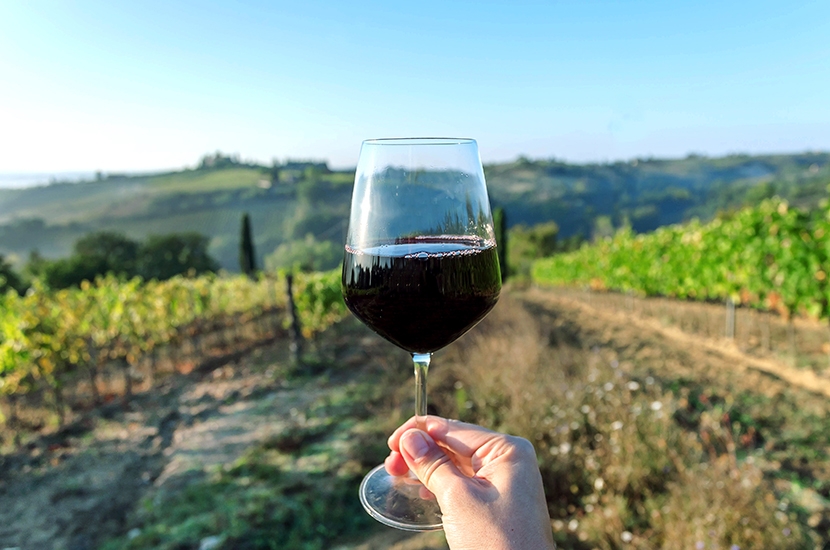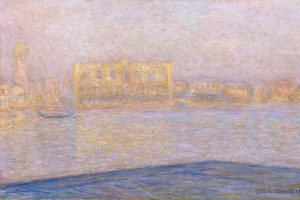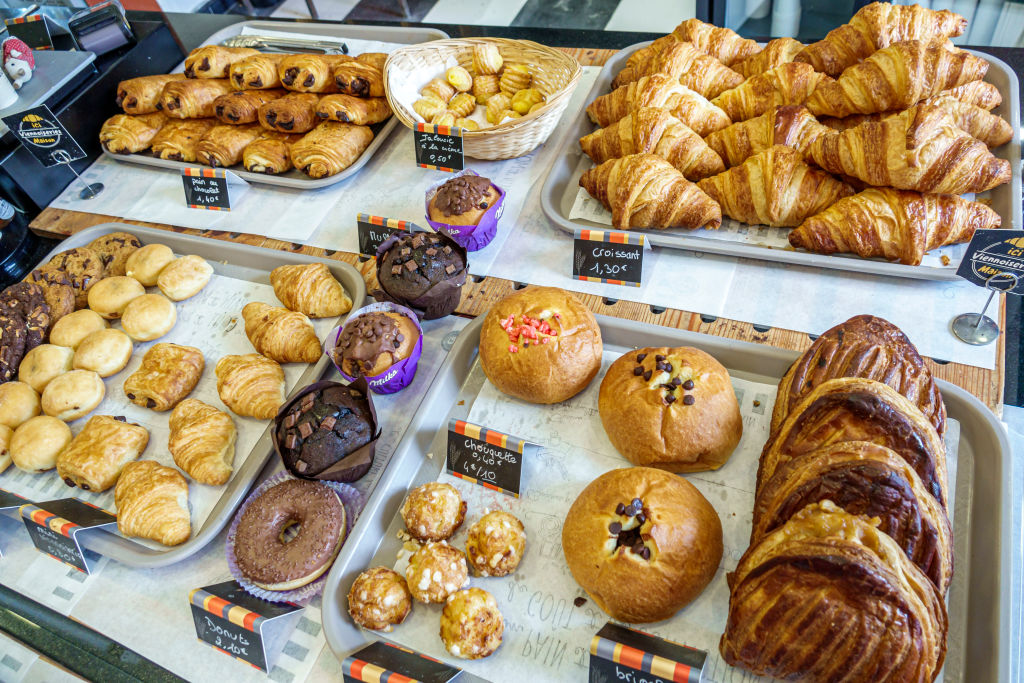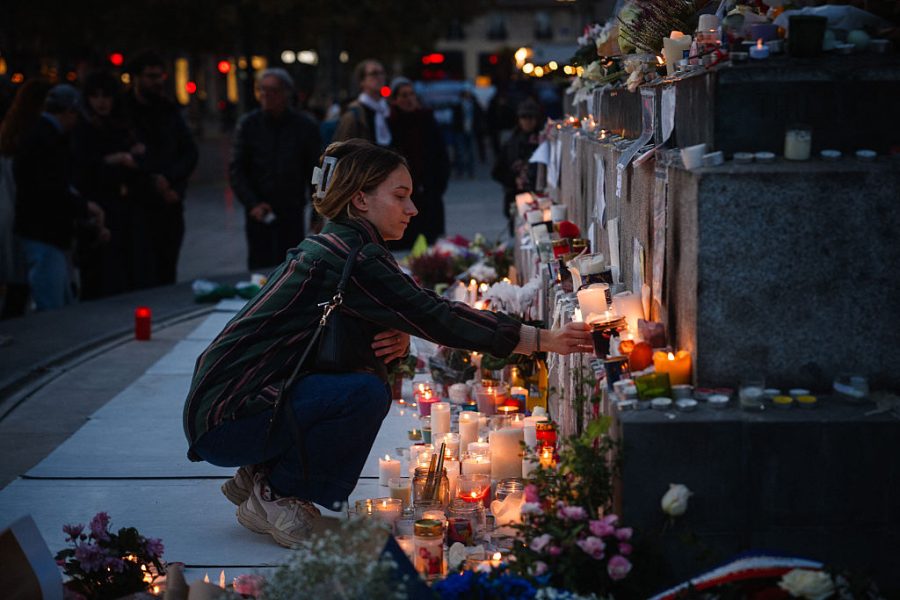South of France
Until January the foreign correspondent lived in a late-18th-century house with a vineyard, olive grove and vegetable garden close to the village center. You’d go through a gate, then another gate, and find yourself suddenly in the countryside and being yapped at by Mary, the most spoiled and spherical spaniel in Christendom, and then the foreign correspondent himself would appear in front of his lovely old house with arms open to welcome you. Usually the first thing he would say was that he was thinking about having a drink and why didn’t he go and fetch a bottle and glasses?
Each year his vineyard produced about 400 bottles of very dark red wine, just enough to provide him with a fairly potent staple yet not quite enough to stimulate the interest of the French state. Some years were better than others. Others were best avoided altogether, frankly, especially by those of a less than robust constitution. His annual grape harvest took him and a dozen of his friends about two hours to pick. The two hours’ picking would be followed by an eight-hour lunch, at the end of which, although seeing double, I believed I had achieved the omniscient mental clarity of Nietzsche in Turin.
The foreign correspondent had one of his kidneys shot away by a Serb marksman and could reach that sublime state in a fraction of the time. You knew he was there when he started trying to subvert the laws of nature by fitting more wine into your already full glass, and all he had to say on any subject under discussion was ‘Isn’t this just great!’ or ‘Let’s fly to Mars!’
He adored his house, garden and vineyard with a childlike passion. I thought he was the happiest man alive. Occasionally he would fly somewhere on planet Earth. Then this immaculately dressed, clean-shaven, highly articulate and sober alter-ego would appear on television, speaking into his handheld microphone while ducking rubber bullets, cobbles or tear gas canisters. He claimed to love riots, and I have no trouble believing it. Not long afterwards, he would reappear in his vineyard paradise and resume his other favorite role of convivial, shaggy-haired peasant, and the parties would resume: birthday parties, Christmas parties, impromptu parties, dinner parties, lunch parties, leaving parties, welcome parties, Trafalgar Day fancy dress parties, Bastille Day parties. Any excuse. We thought it would go on forever.
Then a property developer arrived in the village and began buying and developing. A holiday complex arose, story by story, on three sides of the foreign correspondent’s smallholding, and there was no longer the feeling of being in the country. Also it became disastrously clear that the lovely old house was coveted by the property developer as a potential restaurant and wine bar and the final piece in his fantasy jigsaw. The property developer made the foreign correspondent an offer he couldn’t refuse. With his seclusion compromised and after months of agonizing, he accepted the offer and moved away. I suppose it’s the old, old story.
The restaurant and wine bar opened for business two weeks ago. Last night I went to the wine bar for the first time. Strange it was to revisit and find it now a place of decorum regulated by the cash nexus. I chose to sit where we had often sat and laughed, in front of the house facing the vineyard and the massive Aleppo pine. Looking around, I saw that the refurbishment was minimal and sort of tasteful, the ambience upgraded from rural analog to urban digital. The seating was lower, the cushions thicker. The welcoming path was wider, the gravel smaller. Potted bay trees trained into small pyramids were dotted about. The air was so perfectly still it was like being indoors.
The customers arriving in considerable numbers were tastefully dressed, well-mannered and intelligent-looking. The conversational volume level among the scattered tables was more muted than the old place was used to. There was laughter, yes; laughter constrained self-consciously within reason and decorum, but laughter nevertheless. The foreign correspondent used to fling himself back in his chair and shout and weep with helpless laughter. We all did. He was our king.
I now noticed that my glass was empty, something unheard of within the bounds of that property for many years. The overworked waiter had disappeared. Then, as it happens sometimes here, a violent Pentecostal wind broke out from nowhere. Tablecloths flew. Hairdos flapped. A glass shattered. The mighty Aleppo articulated each terrific gust like a vocal chord, swirling and hissing madly. ‘Blow, winds, and crack your cheeks!’ I thought ungenerously. ‘Rage, blow!’
This article is in The Spectator’s October 2020 US edition.

























